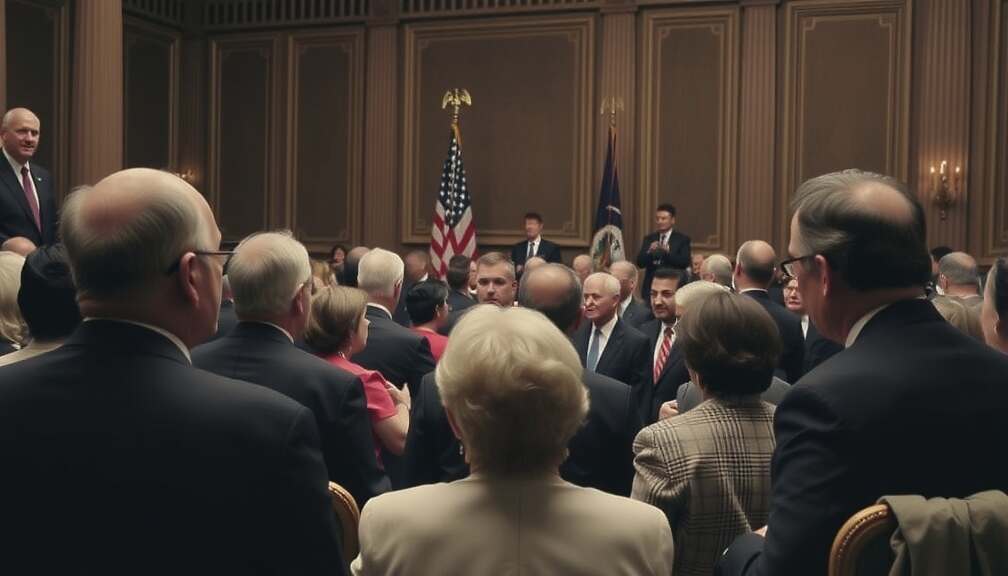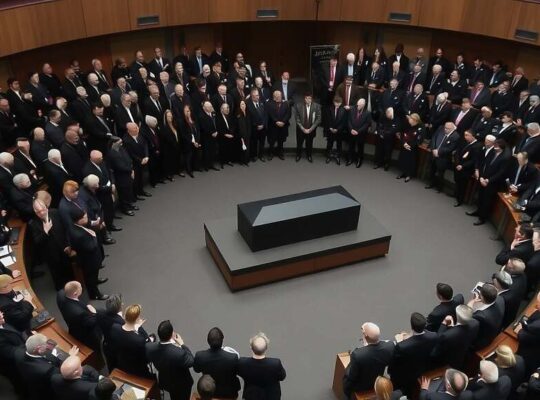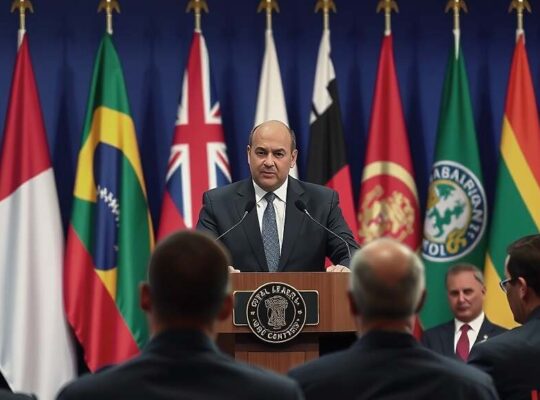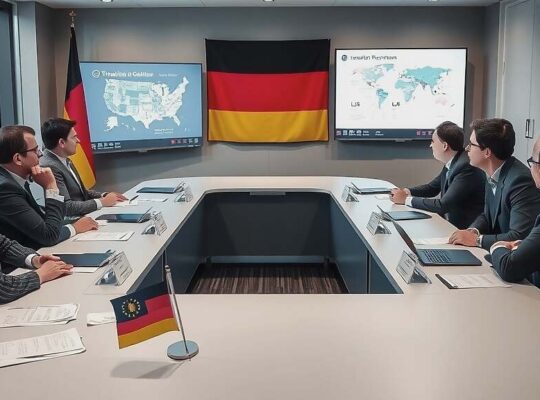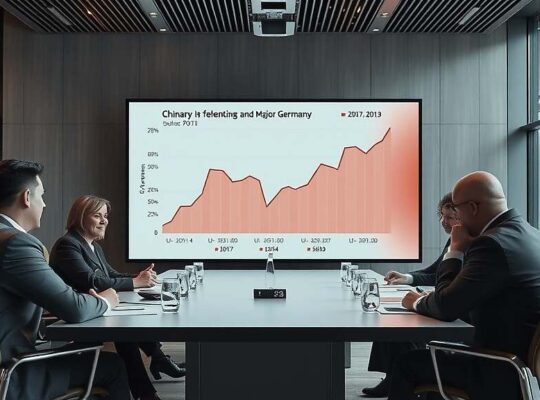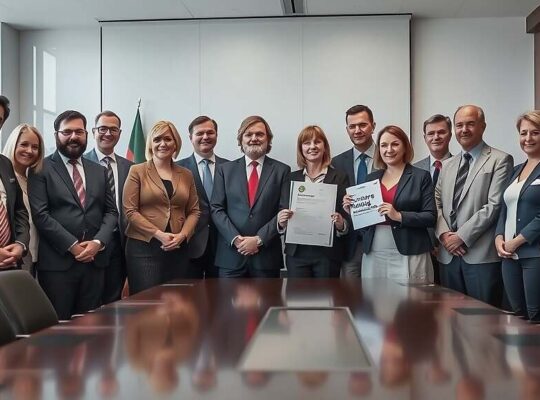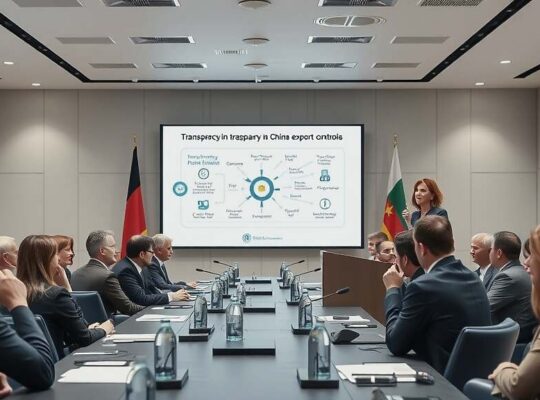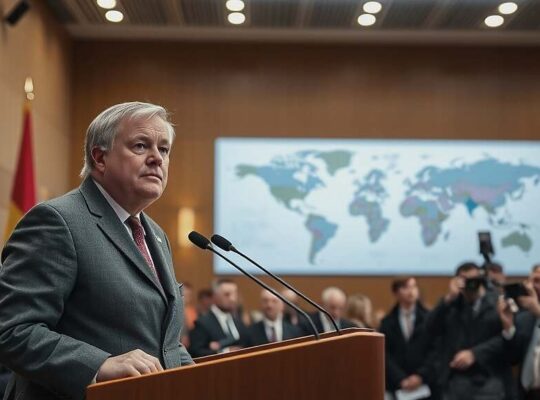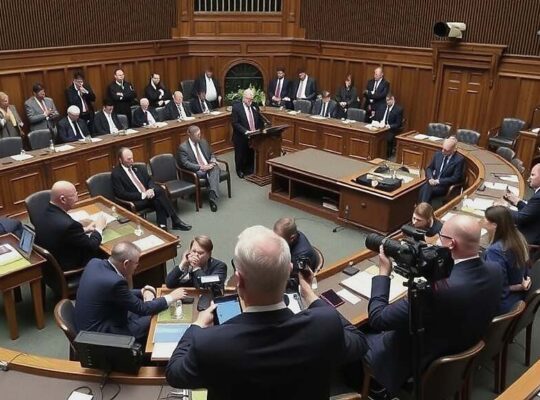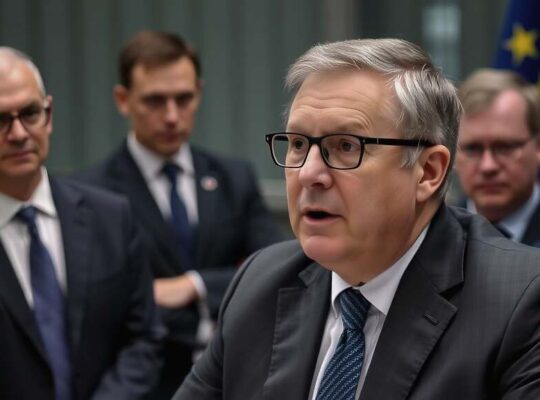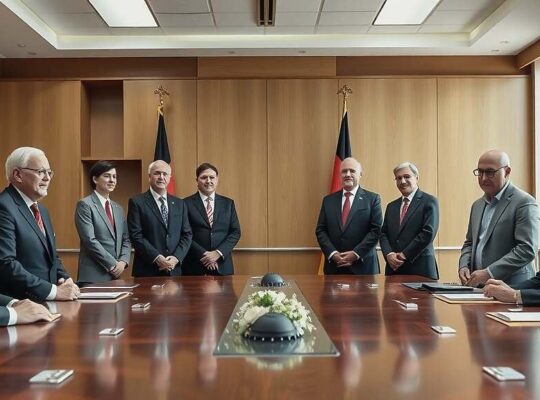The German steel industry is facing a pivotal moment, as Chancellor Friedrich Merz prepares to host a summit on the sector’s future. At the heart of the debate is the contentious issue of an industrial electricity price, with calls intensifying for a significant reduction to ensure German steelmakers remain competitive on the global stage.
Saarland’s Minister-President Anke Rehlinger (SPD) has publicly demanded an industrial electricity price of just five cents per kilowatt-hour, arguing it’s essential for maintaining international competitiveness and safeguarding the livelihoods of the 12,000 direct and 20,000 indirect jobs dependent on the sector within her state alone. Rehlinger’s call comes amidst growing concerns that the current energy costs are driving investment and production overseas. She further emphasizes the urgency of accelerating the development of hydrogen infrastructure and establishing “green markets” specifically for sustainably produced steel; advocating for “buy European” regulations to prioritize domestically sourced green steel in public procurement projects.
The current plan from the governing black-red coalition proposes a discount on electricity for 50% of industrial needs, slated to take effect in January 2026. However, this falls short of what many within the industry and within the Green party itself believe is necessary. A recently surfaced internal Green party paper, spearheaded by prominent figures including Andreas Audretsch, suggests a far more generous approach: a five-cent electricity price for two-thirds of industrial consumption. This proposal is contingent upon companies providing legally binding commitments to retain production capacity and actively pursue climate-friendly transformation processes, linking affordability directly to sustainability ambitions.
The proposal has ignited internal debate within the Green party, historically divided on the viability of industrial electricity pricing. Concerns remain that overly generous subsidies could undermine efforts to drive energy efficiency and potentially increase carbon emissions if reduced costs stifle investment in greener technologies. Some critics fear that a substantial discount could normalize artificially low energy costs, diminishing the incentive for technological innovation and long-term sustainability.
Beyond purely economic considerations, security and strategic autonomy are playing an increasing role in the debate. As Sandra Detzer, Green party spokesperson, pointed out, Europe cannot afford to be completely reliant on foreign imports for a strategically vital industry like steel. This stance reflects a rising awareness of the vulnerabilities exposed by recent geopolitical instability and supply chain disruptions. While acknowledging that permanent subsidies are unsustainable, policymakers are grappling with the delicate balance between maintaining competitive prices and securing the long-term prosperity and resilience of the German steel industry. The forthcoming summit is expected to be a crucial determining factor in charting the industry’s path forward.


